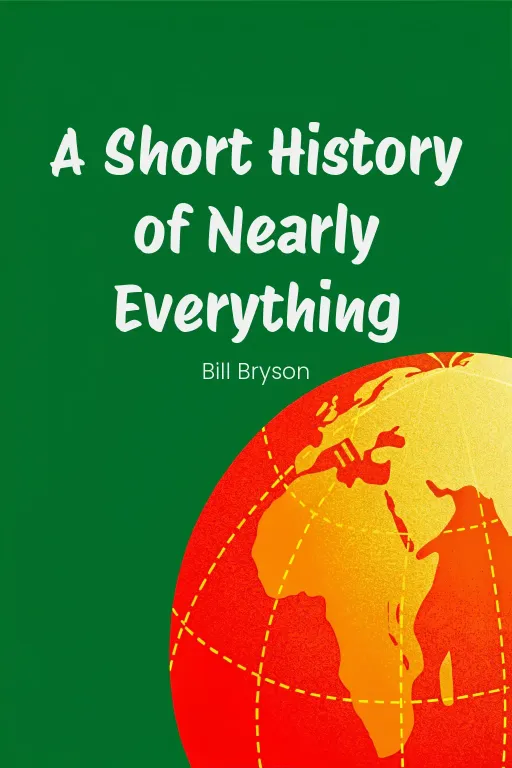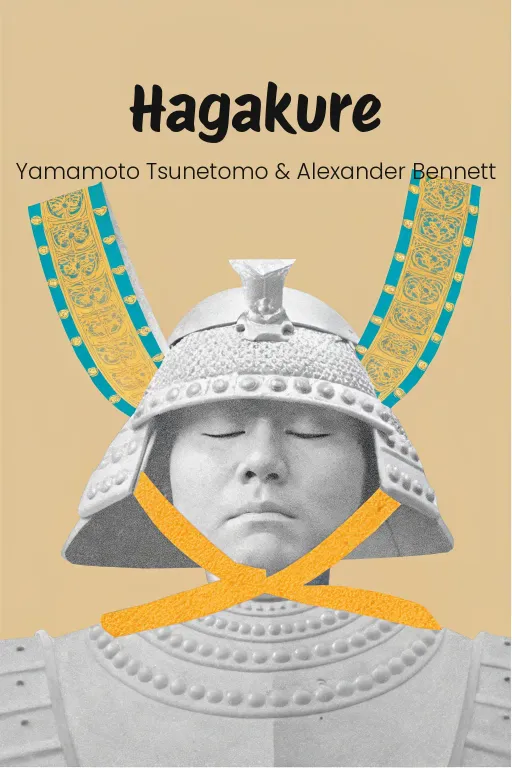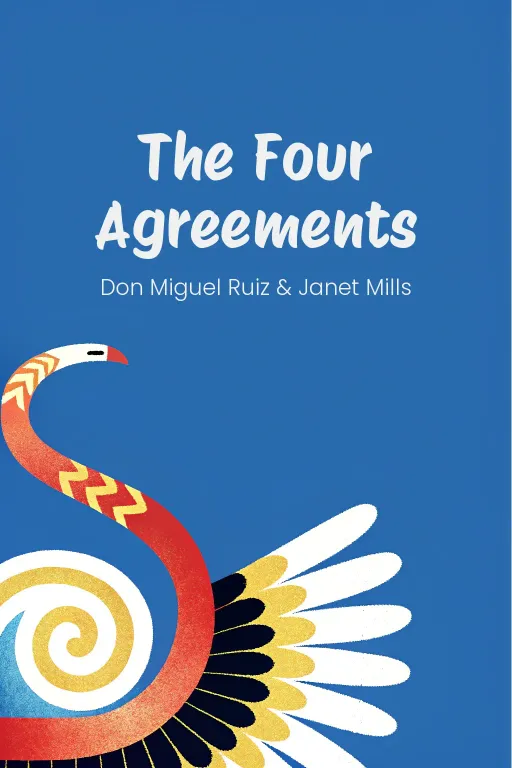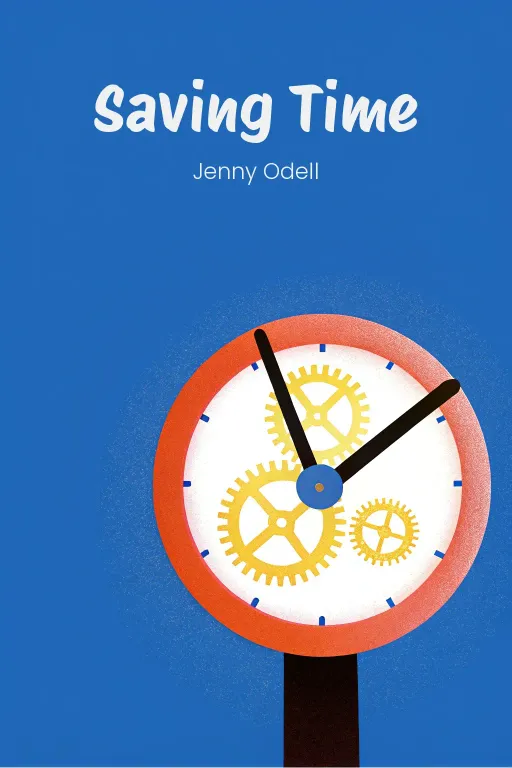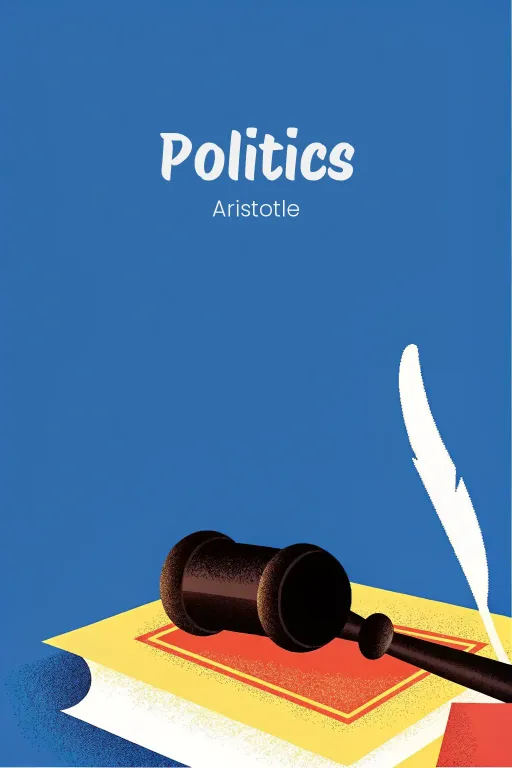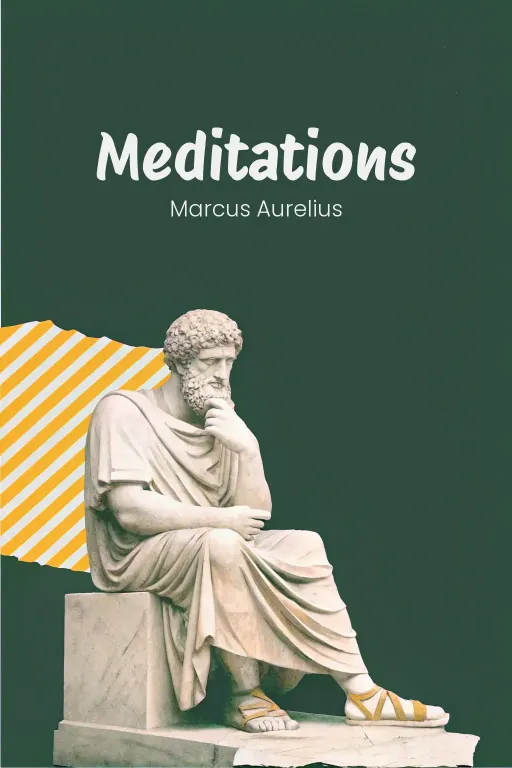
The Good Life Blueprint
Podcast by Timeless Pages with Shakespeare and Austen
A foundational work in the history of Western political philosophy
The Good Life Blueprint
Austen: "Man is by nature a political animal." So Aristotle observed, quite rightly I think. Welcome to Timeless Pages. I am Jane Austen, and today we delve into Aristotle’s profound work, "Politics," seeking truths that still resonate across the centuries. Austen: Essentially, Aristotle's "Politics" meticulously examines the state itself. He explores how communities, specifically the ancient Greek city-state or polis, should best organise themselves to achieve the common good and allow citizens to flourish. He dissects various forms of government, from rule by one to rule by many, identifying the essential elements – like citizenship, education, and virtue – needed for a stable and prosperous society. It's a blueprint for community living. Austen: The most compelling theme, I find, is the pursuit of the ‘good life.’ Aristotle argues this isn't just about survival, but living virtuously, something only possible within a well-ordered political community. He saw the health of the state and individual virtue as deeply connected. Writing in ancient Greece, he analysed real systems, noting how monarchy can become tyranny, or aristocracy decay into oligarchy if virtue is lost. His practical championing of a strong middle class to ensure stability feels surprisingly relevant; it avoids the extremes of rule by the resentful poor or the arrogant rich. We still grapple today with finding that balance to achieve a truly common good, don't we? Austen: What makes this ancient text a classic? It asks fundamental questions about justice, power, and citizenship that we still debate intensely. While Aristotle focused on designing the ideal structure for a state, my own novels tend to observe how individuals navigate the social structures they find themselves within. Perhaps the most fascinating connection today isn't just in national politics. Consider our workplaces, clubs, or even online groups – aren't these modern versions of the polis, where we seek belonging, deal with rules, and exercise our own small-scale social virtues and vices? The basic challenge of organising ourselves justly truly seems timeless. Austen: Aristotle reminds us that building a society where people can truly flourish is a constant effort. Reflecting on our own part within our communities might just be the first step towards that 'good life' he envisioned.

